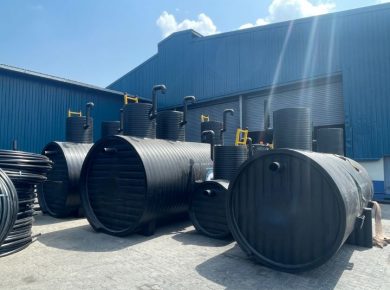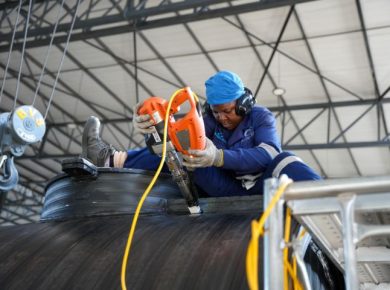Weholite Solutions prove to be silver bullet for Dar es Salaam’s flooding challenges
- Weholite large diameter pipes, ideal for channeling large volumes of water away from troubled areas
- The pipes are being used in the $56 million World Bank-sponsored Liwiti Stormwater Drainage Phase 2 project
- Engineers say Weholite technology makes it possible to implement the project in a fast, cost-effective and sustainable way
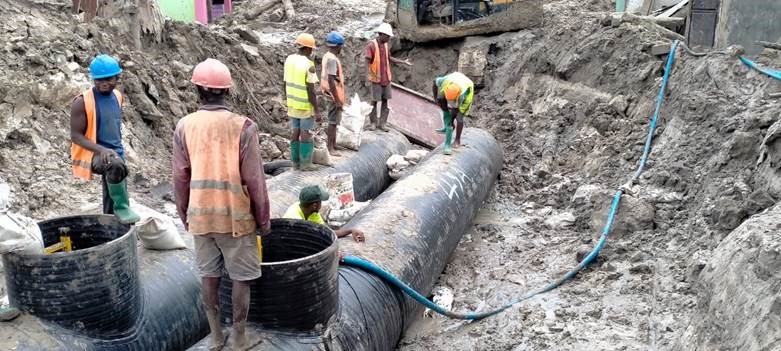
Weholite solutions manufactured by Plasco Ltd, the Tanzanian based licensee for this HDPE technology and sister company of Megapipes Solutions Ltd based in Kenya, is providing sustainable alternatives for solving Dar es Salaam’s flooding challenges, according to engineers implementing the city’s water management infrastructure projects.
UWP Consulting Company, a civil and structural engineering consulting practice that is implementing Liwiti Stormwater Drainage Phase 2 project, says that Weholite stormwater pipes are enabling the firm to implement the project in a fast, secure, and cost-effective way while improving the city’s aesthetics.
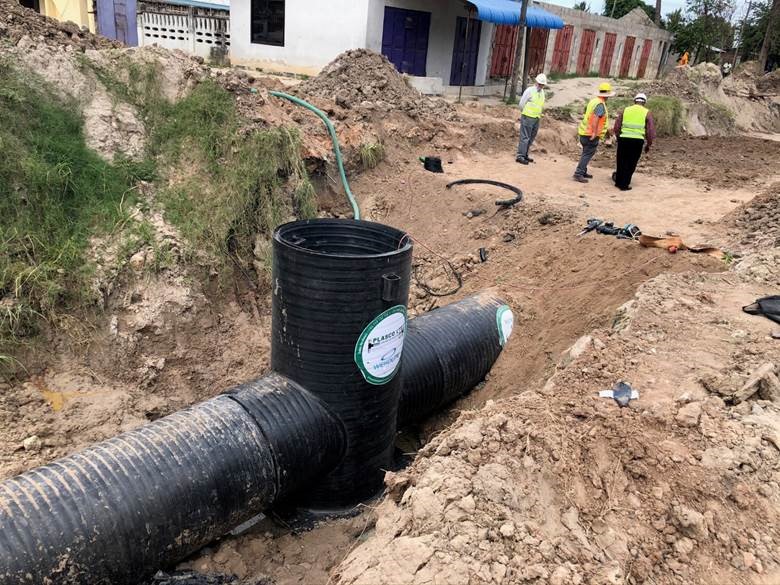
Plasco are supplying around 1km of large diameter pipes, in sizes up to DN1000, which make them ideal for channeling large volumes of water away from troubled areas thus providing much needed relief to the residents. The system includes manhole chambers and access shafts, which will offer long-term solutions to the flooding menace.
“Implementing stormwater management systems in a large city is an arduous but not an insurmountable task thanks to Weholite solutions which are solving some of our engineering challenges,” says Pieter Mare, Chief Resident Engineer at UWP Consulting.
Some of the challenges the technology is solving includes putting up infrastructure in a way that minimally disrupts the livelihoods of Dar es Salaam’s 6 million residents. Weholite pipes are much lighter than concrete equivalents which makes transporting and handling them not only faster but cheaper and safer.
UWP Consulting additionally benefited from having a partner such as Plasco, with such experience in this technology. Both companies worked hand in hand with the project implementers to ensure seamless use of the technology.
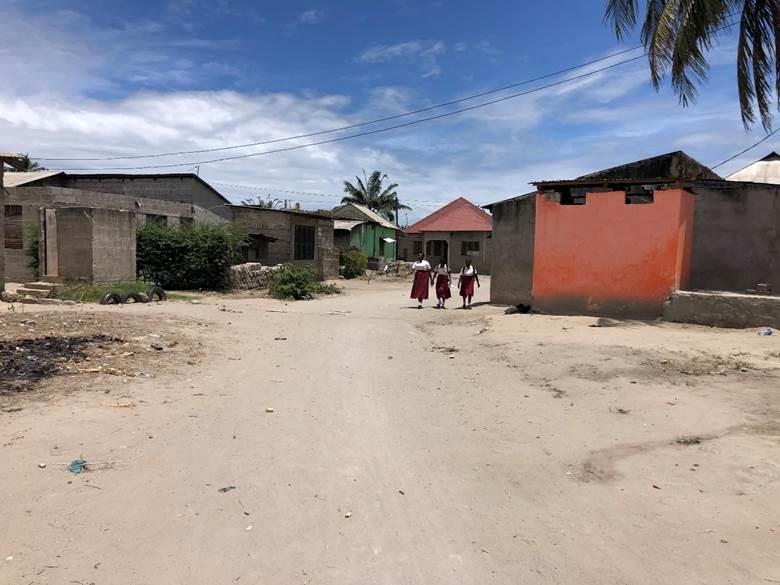
“Weholite lends itself to stormwater drainage systems such as the one installed in Liwiti, due to its versatility and ability to be fabricated easily into complex arrangements that otherwise would be extremely difficult to build using traditional methods. This is a key attribute when the system has to navigate around densely populated urban areas and a multitude of other services that are below ground.”
“An added bonus is that we were able to assemble and test pre-fabricated sections at our factory in Dar es Salaam minimising the installation time on site and increasing the confidence of the customer. This was the first project completed with UWP Consulting Company and as one of Tanzania’s early adopters of this technology, they have seen the benefits” says Ali Gulamhussein, Weholite Sales & Business Development Manager, Plasco Ltd.
Laying Weholite pipes is also easier as they are customized, thereby enabling engineers assemble them in a “Lego-like” manner. Additionally, solid waste is safely handled through closed sewers unlike open drainage channels.
The $56 million Liwiti Stormwater Drainage Phase 2 World Bank-sponsored project is expected to improve the lives of Dar es Salaam residents who are perennially affected by floods.
The 2019 World Bank report on ‘Draining Dar’s Economy – The Impact of Floods on Tanzania’s Commercial Capital’ states that boosting Dar es Salaam’s resilience to floods will not only help affected households escape poverty but will also boost the city’s important economic contribution to a more prosperous Tanzania.
Currently, floods directly and indirectly affect two out of five Dar es salaam residents or close to two million people with different levels of intensity.
Some wards within the city are more severely hit by stormwater flooding for a variety of reasons. In Tabata, housing construction has a severe impact on the scale of flooding. Small-scale sand mining activities take place in the Msimbazi River valley, bordering the east and southern parts of the ward, and have resulted in the widening of the river valley. Because of this, the effects of flooding have increased, specifically affecting residents and properties in Magharibi sub-ward.
As a response to these challenges Tanzania’s Government and partners including the World Bank are implementing a National Five-Year Development Plan 2021/22 – 2025/26 to finally solve these challenges.
Part of this plan addresses the availability and distribution of water in the country, the protection of its water sources and the management of water. The Plan specifically speaks to improving the availability and distribution of water supplies and sanitation services in urban and rural areas.
This new innovative solution brings great value to the residents of Dar es Salaam, as it is locally manufactured and proven technology, which has been used in South Africa, Europe, and North America



